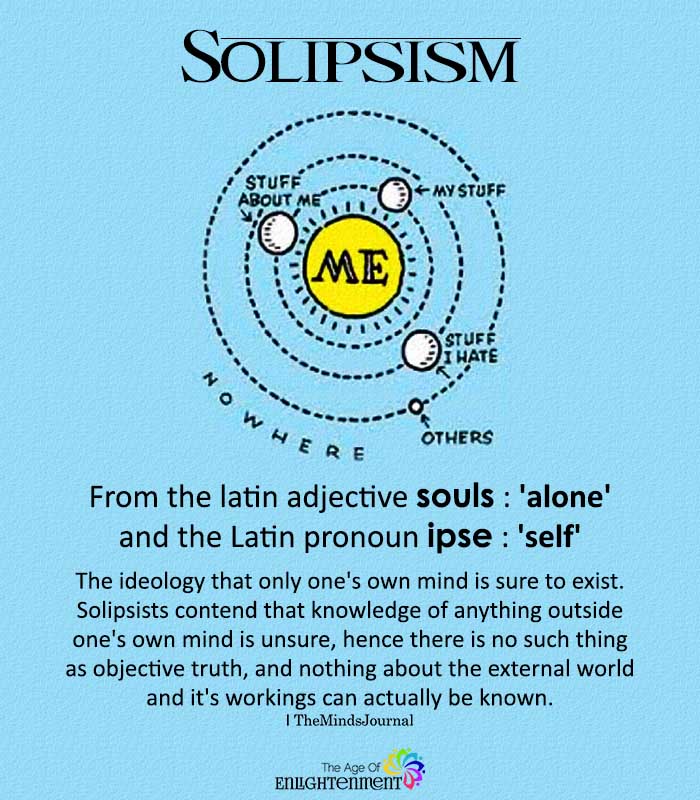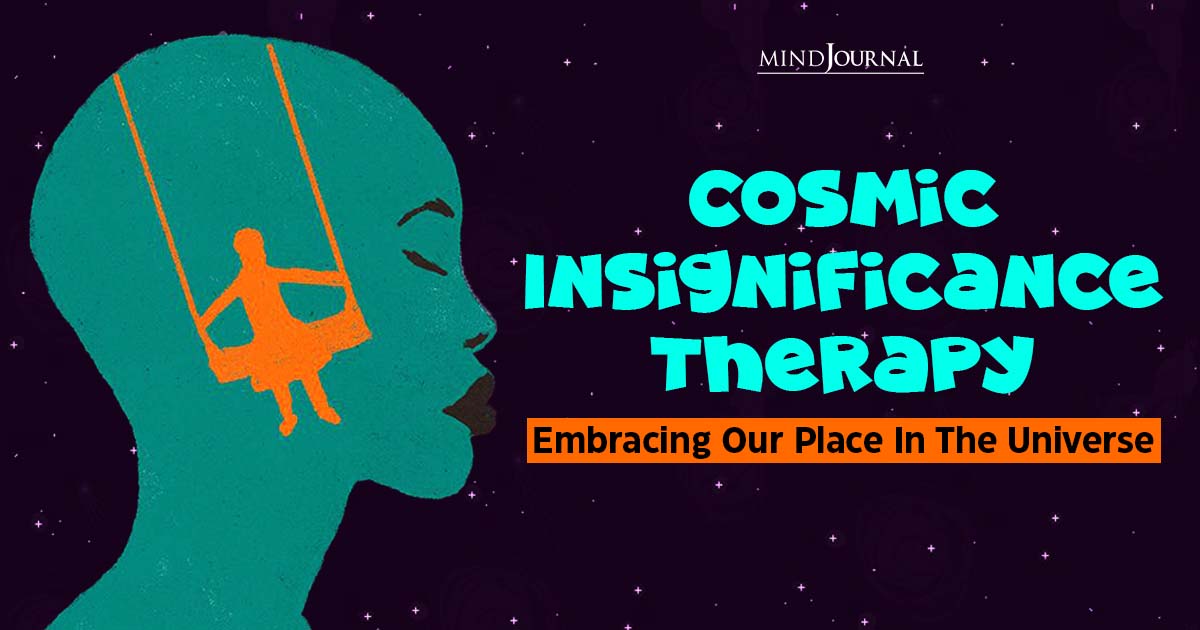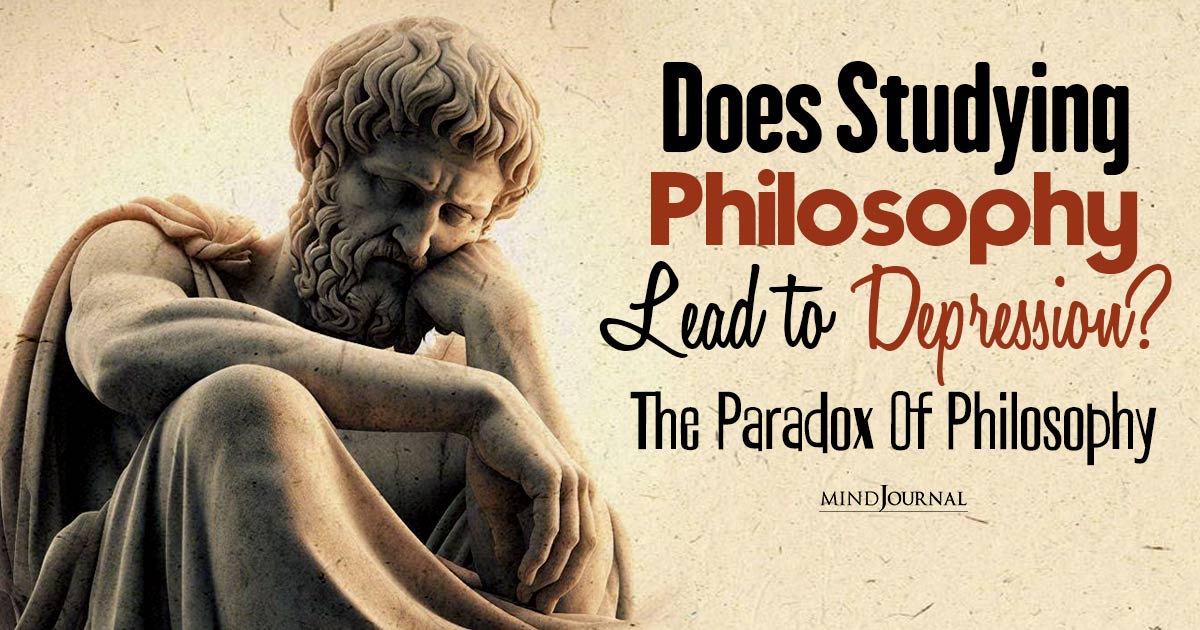Have you ever questioned the nature of reality and the limits of human knowledge? If so, you may find solipsism theory to be a fascinating topic of exploration. From famous philosophers to literary figures, solipsism has captivated the minds of many throughout history.
Join us on this intellectual journey as we explore the profound implications of solipsism and unravel its mysteries.
What is solipsism theory?
What if everything you experience, everything you see, hear, touch, and feel, is just a figment of your imagination? What if you are the only conscious being in the entire universe, and everything and everyone else is just a projection of your mind? This, in a nutshell, is the essence of solipsism.
Solipsism meaning: Solipsism is a philosophical idea that asserts that the only thing that can be known for sure is the existence of one’s own mind.

A solipsist believes that everything else, including other people, the external world, and even one’s own body, cannot be known to exist with absolute certainty. In other words, solipsism philosophy is the belief that one’s own mind is the only thing that can be known to exist. Knowledge of anything outside one’s own mind is unsure.
While solipsism is a debated theory, it reveals the potential limits of human knowledge and the doubts an individual can have about reality.
Related: Philosophy 101: 10 Philosophical Concepts To Help You Navigate Life’s Complexities
Understanding solipsism theory
The word “solipsism” comes from the Latin words “solus” meaning alone and “ipse” meaning self.
Solipsism holds that the foundations of knowledge rest solely on your own mind. In the most radical version, a solipsist believes only they demonstrably exist. Everything else – other humans, physical objects – might actually be part of someone’s dream or illusion.
This philosophical concept raises questions about how we gain knowledge. Solipsists argue that sensory information, memories and even logical reasoning could all ultimately be created within one’s mind.
Therefore, solipsists claim we have no absolute proof that anything outside ourselves actually exists.
Solipsism theory is often associated with extreme self-centeredness and is sometimes used as a pejorative term to describe people who are excessively self-absorbed.
However, solipsism is more than just an attitude or a personality trait – it is a complex philosophical theory that has been the subject of much debate and discussion among philosophers for centuries.
Solipsism meaning is a complex philosophical idea that should be approached with caution and critical thinking.
The history of solipsism theory
The origins of solipsism can be traced back to ancient Greek philosophy, where the idea of skepticism – the belief that knowledge is uncertain and that certainty is impossible – was first developed.
The Greek philosopher Protagoras famously declared that “man is the measure of all things”, implying that knowledge is subjective and depends on the individual’s perception.
The modern concept of solipsism, however, can be attributed to the 17th-century French philosopher René Descartes. In his famous “Cogito, ergo sum” (“I think, therefore I am”) argument, Descartes claimed that the only thing he could be absolutely certain of was the existence of his own mind.
He argued that everything else, including his body and the external world, could be an illusion created by an evil demon. Descartes’ argument laid the groundwork for solipsism, which was further developed by philosophers such as George Berkeley and Friedrich Nietzsche.
Berkeley argued that the external world exists only insofar as it is perceived by a conscious mind, while Nietzsche claimed that reality is subjective and that individuals create their own reality through their perception and interpretation of the world.
However, the term solipsism was coined in the late 19th century. Solipsism meaning became widely discussed by early 20th century Austrian and German philosophers like Ludwig Wittgenstein and Bertrand Russell.
Related: A Deep Dive Into The Anatomy Of Narcissism
The solipsism paradox
One of the main criticisms of solipsism theory is the solipsism paradox. This paradox arises from the fact that solipsism is a self-refuting theory – if solipsism is true, then the only thing that exists is one’s own mind, and therefore, the concept of other minds, external reality, and even the concept of solipsism itself, cannot exist.
This paradox has led many philosophers to reject solipsism as a viable philosophical theory. However, some solipsists argue that the paradox is not a problem because it is based on the assumption that there is an external reality that exists independently of the mind.
According to solipsism meaning and solipsists, this assumption is unfounded, and therefore, the paradox does not apply.
Variations of solipsism theory
There are several variations of solipsism, each of which offers a slightly different interpretation of the relationship between the mind and reality –
1. Epistemological solipsism
Epistemological solipsism is the belief that only one’s own mind can be known to exist. But it does not necessarily deny the existence of other minds or the external world.
This variation of solipsism argues that knowledge can only be gained through personal experience and perception. Therefore, the existence of anything outside of one’s own mind cannot be known with absolute certainty.
2. Metaphysical solipsism
On the other hand, this variation of solipsism philosophy refers to the belief that one’s own mind is the only thing that exists, and everything else is an illusion. This solipsism theory denies the existence of other minds and the external world, and argues that all of reality is a creation of the individual’s mind.
3. Solipsistic idealism
This argues that the external world is a creation of the mind, but that other minds do exist. This variation of solipsism posits that the external world is a kind of shared dream that is created and experienced by all conscious beings.
4. Solipsistic skepticism
This variation holds that the existence of any external reality or other minds cannot be known with certainty. In this view, the only thing that can be known for sure is the existence of one’s own mind. Any claims about the existence of the external world or other minds are inherently uncertain.
Related: The Art of Self-Discovery: How To Find Your Skills And Talents
Solipsism and mental health
According to solipsism psychology, this philosophical concept has been associated with mental health issues such as narcissism, delusions, and psychosis. Individuals who suffer from solipsistic delusions may believe that they are the only conscious being in the universe and that other people and objects are not real.
However, solipsism psychology states that it is important to note that not all solipsists suffer from mental health problems, and not all individuals who suffer from mental health problems are a solipsist.
What is solipsism syndrome?
Solipsism syndrome, also known as the syndrome of subjective doubles, is a rare psychological condition in which individuals believe that they are the only conscious beings in the universe.
This condition is often characterized by extreme self-absorption and a sense of detachment from the world around them.
Individuals with solipsism syndrome may have difficulty forming relationships and may feel disconnected from other people. They may also struggle to distinguish reality from their own subjective experience, and may believe that everything they see, hear, and feel is a projection of their own mind.
Solipsism syndrome is not recognized as an official diagnosis in the Diagnostic and Statistical Manual of Mental Disorders (DSM-5), and there is limited research on the condition.
However, it is believed to be a form of delusional thinking that may be associated with other mental health conditions such as schizophrenia or bipolar disorder, , as per solipsism psychology. Treatment for solipsism syndrome typically involves psychotherapy and medication to manage any underlying mental health conditions.
It is important to note that solipsism as a philosophical idea is distinct from solipsism syndrome as a psychological condition.
Critiques of solipsism theory
Solipsism philosophy has been subject to a number of criticisms from various philosophers throughout history.
1. An extreme form of skepticism
One major critique is that solipsism is a form of extreme skepticism that ultimately leads to a dead end in terms of knowledge.
If the only thing that can be known for sure is the existence of one’s own mind, then there is no way to move beyond this point and gain knowledge about the external world or other minds.
Critics argue that this makes solipsism an unproductive and unsatisfying philosophical theory.
2. Self-centered and narcissistic
Another critique of solipsism theory is that it is self-centered and narcissistic. By asserting that one’s own mind is the only thing that can be known to exist, a solipsist appears to be promoting a worldview that is entirely focused on the self.
Critics argue that this is both morally and intellectually problematic, as it cuts the individual off from any meaningful engagement with the world outside of themselves.
Related: Energy Governs Everything And We Control It With The Power Of Our Thoughts
3. Misguided interpretation of the nature of consciousness
Some critics point out that while it may be true that consciousness is subjective and that perception is inherently limited, this does not necessarily mean that the external world or other minds do not exist.
Instead, they argue that solipsism is a kind of intellectual trap that prevents individuals from engaging with the world in a meaningful way.
Famous solipsists
Solipsism philosophy has been explored by many thinkers throughout history. Here are a some of the most famous famous solipsists who are often associated with solipsism or have expressed solipsistic ideas in their work:
1. René Descartes
Descartes is perhaps best known for his philosophical maxim, “I think, therefore I am,” which is often seen as a foundational statement of solipsism.
Descartes believed that the only thing that could be known with certainty was the existence of one’s own mind, and that all other knowledge was uncertain. It is believed that Descartes was one of the most famous solipsists.
2. Friedrich Nietzsche
Nietzsche’s philosophy is often seen as solipsistic in nature, as he emphasized the importance of the individual will and the rejection of external authorities.
He famously declared that “God is dead,” which can be seen as a rejection of any objective reality outside of the individual’s own experience.
3. Jean-Paul Sartre
Sartre’s philosophy is often associated with existentialism, which emphasizes the individual’s subjective experience of the world.
Sartre believed that human beings were fundamentally free, but that this freedom also came with a sense of responsibility for creating one’s own reality.
4. Jorge Luis Borges
Borges was a writer and philosopher who often explored themes of subjectivity and the limitations of human knowledge in his work.
His famous story “Tlön, Uqbar, Orbis Tertius” explores the idea of a completely subjective reality that is created by collective belief.
5. David Lewis
Lewis was a contemporary philosopher who developed a form of solipsism known as “modal realism.”
He argued that other possible worlds, including ones in which solipsism is not true, are just as real as the world we experience.
It is worth noting that while these individuals may have explored ideas related to solipsism and are possibly regarded as famous solipsists, not all of them would necessarily have identified themselves as a solipsist.
Additionally, solipsism is a complex and multifaceted philosophical concept, and there are many different interpretations and variations of the theory.

Implications of solipsism theory
The implications of solipsism are far-reaching and complex. If solipsism is true, then it would mean that the external world is not objectively real, but is instead a creation of the mind.
This would have profound implications for our understanding of the nature of reality and the limits of human knowledge.
It would also mean that other minds are not objectively real, but are instead a projection of the individual’s own mind. This would raise questions about the nature of relationships and interpersonal communication, and would challenge our assumptions about the existence of other conscious beings.
Finally, if solipsism is true, then it would mean that the individual is ultimately responsible for creating and shaping their own reality. This would have implications for how we understand the role of the individual in society and the importance of subjective experience in shaping our understanding of the world.
Takeaway
Solipsism theory is a fascinating philosophical concept that challenges our understanding of reality and the mind. While solipsism psychology and philosophy has been the subject of much debate and criticism over the years, solipsism continues to intrigue philosophers and laypeople alike.
Ultimately, the question of whether solipsism is a valid philosophical theory or a misguided belief depends on one’s own perspective and interpretation of reality. While solipsism may offer a unique perspective on the relationship between the mind and reality, it is important to approach this theory with a critical and open-minded attitude.
Whether you agree with solipsism or not, it is clear that this philosophical idea has had a significant impact on our understanding of the nature of consciousness and the limits of human knowledge.
By exploring the complexities and nuances of solipsism, we can gain a deeper appreciation for the intricacies of the human mind and the mysteries of the universe we inhabit.
Related: The Epicurean Philosophy: How To Be Happy and Seek Pleasure









Leave a Reply